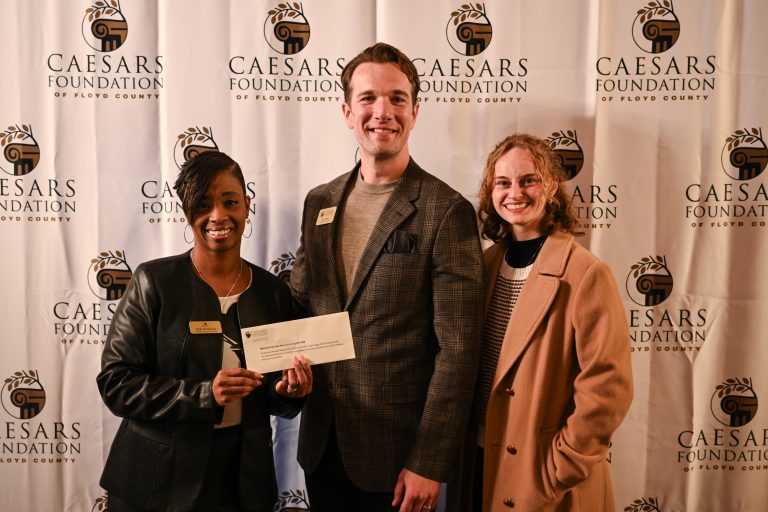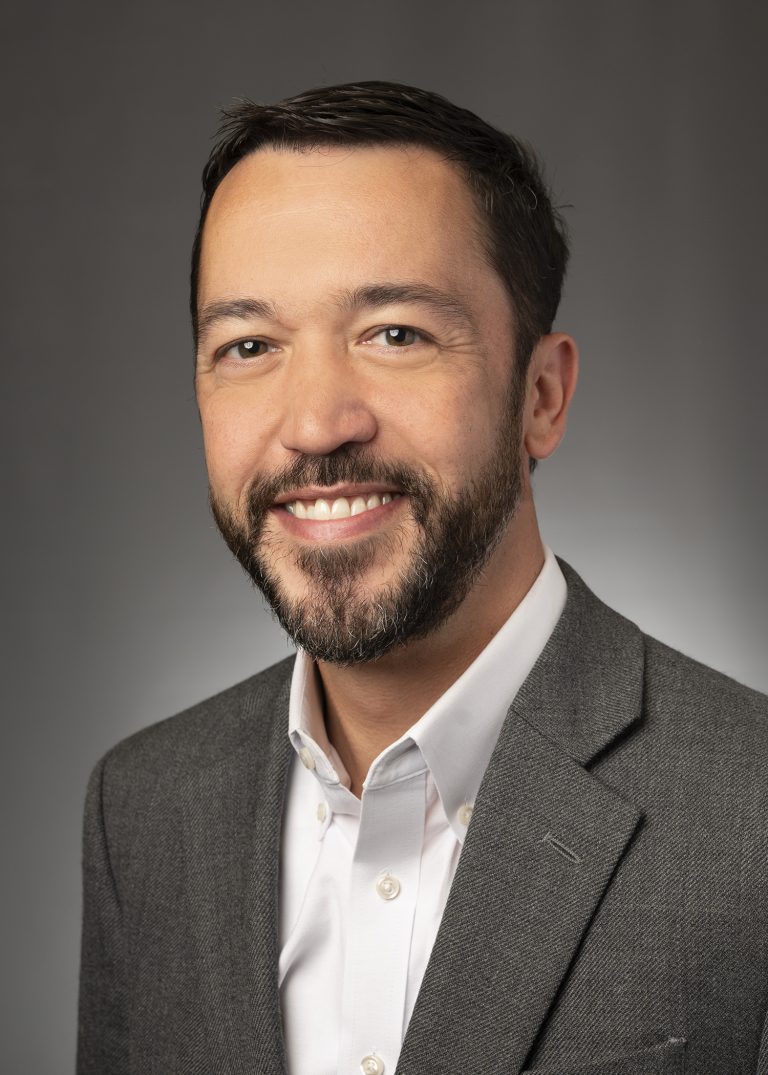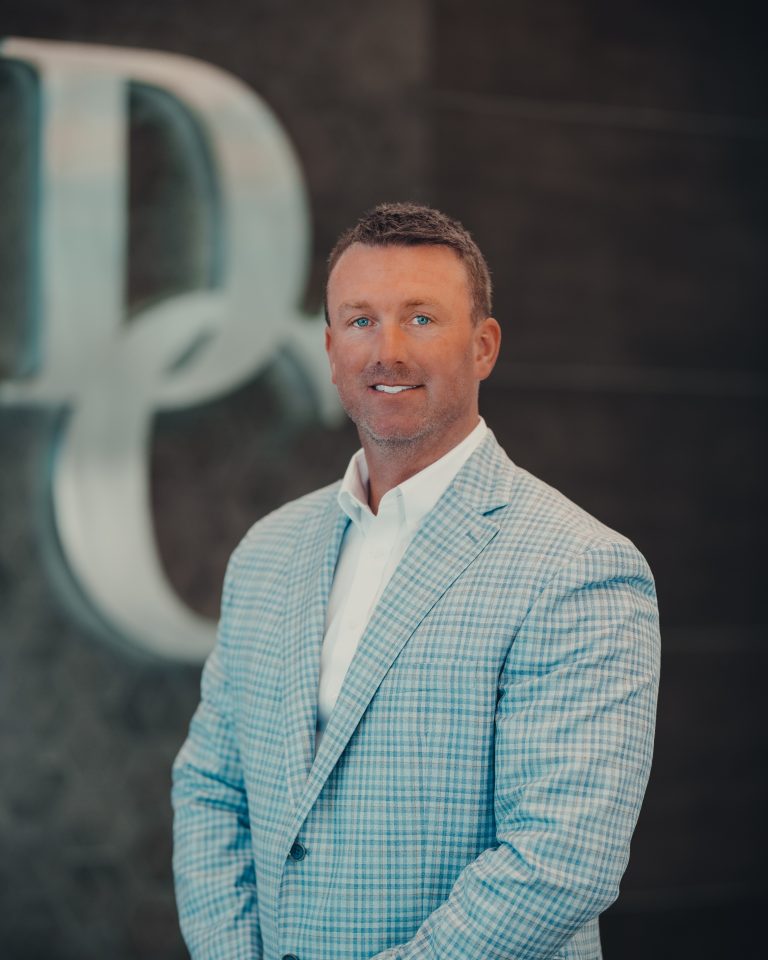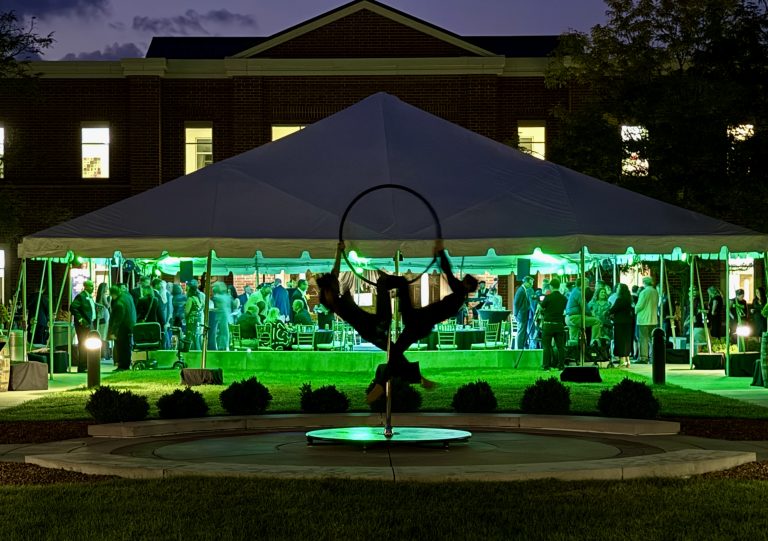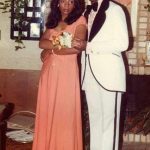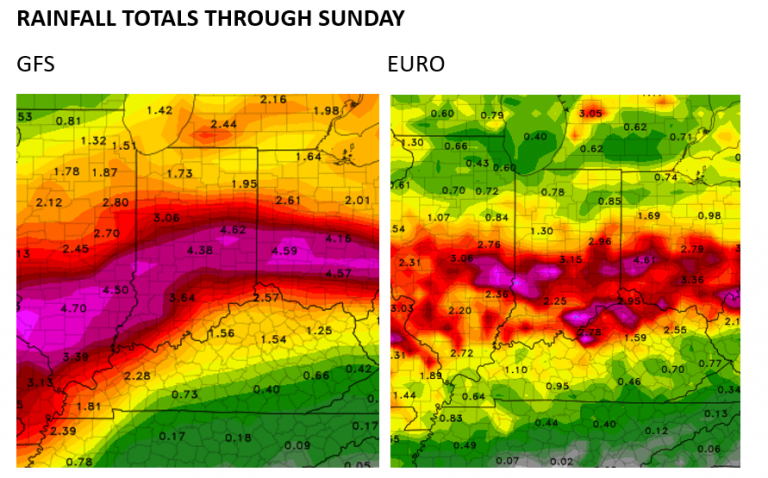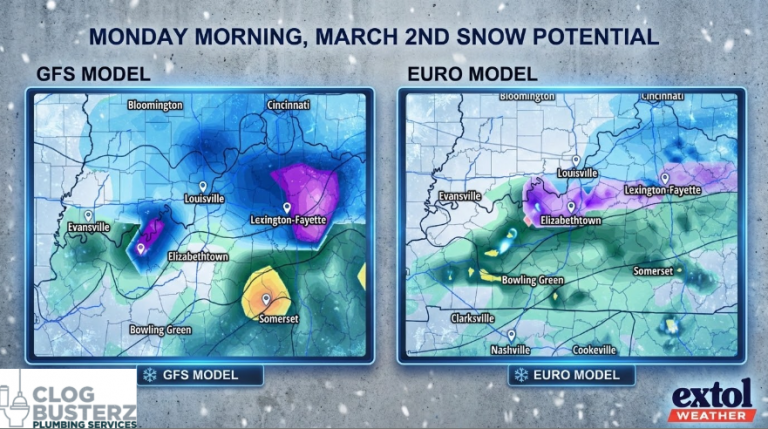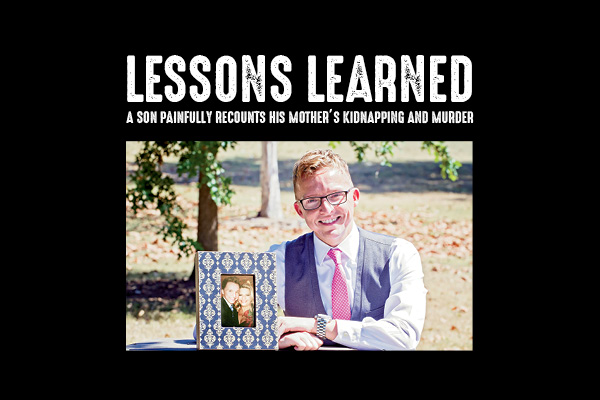
BY STEVE KAUFMAN COURTESY PHOTOS
Beverly Carter did nothing wrong. In fact, she did many of the things the real estate agent handbook tells you to do.
Still, it cost her her life. On a September evening in 2014, Carter packed up her things at Crye-Leike Realtors in Scott, Ark. (outside of Little Rock), and told co-workers she was going out to show a house. An interested couple was from out-of-state and told Carter that an evening appointment was most convenient for them.
The man was not interested in buying a home, though. He was planning a kidnapping, for ransom. A later examination of his laptop showed that he had identified Carter on the Internet, had searched county records for the value of her home. He also determined that she drove a Cadillac. In other words, he believed she’d have the money to pay the ransom he was going to seek.
His plan also depended on Carter showing up alone in an empty, remote house – and defenseless.
Nonetheless, Carter followed certain safety procedures – not because she was afraid or suspicious, just because professionally she knew they were the right things to do.
It’s advised that real estate agents never meet with one person alone. She asked and was assured that both husband and wife would be there. Check.
It’s advised that you always tell people where your appointment is. She gave both her broker and her husband the address. Check.
It’s advised that you keep a written paper trail of your activities. She had a notebook in her car with all her notes. Check.
It’s advised that you go into a meeting with as little personal identification or cash on your person as possible. She locked her purse in her car before going into the house to meet her prospective clients. Check.
Perfect, by-the-book, standard industry protocol.
Four days later, police found Carter’s body, buried in a shallow, hastily dug grave in Cabot, Ark., about 20 miles from the home she had gone to show. The kidnapping had gone horribly wrong. The real estate agent, who had tried to be as careful as she was supposed to be, was dead.
Now, nearly two years later, her oldest son – Carl Carter Jr. – is on a mission to prevent his mother’s tragedy from happening to other people, especially to other real estate agents. Next month, he will speak to four groups of industry professionals in Elizabethtown (on June 21), Louisville (June 22), Jeffersonville, Ind. (June 23) and Lexington (June 23).
He’s an advocate for industry standards of behavior that will avert an agent from going off to a showing alone and unprotected.
It’s not an easy mission because real estate agencies cannot insist that its agents and brokers follow certain rules. These agents and brokers are almost entirely not employees but independent contractors, working on commission. “The agencies can suggest what the agents do, but they can’t insist,” Carter acknowledges.
Still, Carter wants to build awareness of the things that can happen, the risks that are out there all the time, the traps that can befall not only a real estate agent showing a house but also anyone at all who spends much time in remote areas after dark.
“For example, I’m a distance runner,” says Carter, manager of network innovations for Blue Cross Blue Shield in Little Rock. “Running for a couple of hours means most runners must do it early in the morning or in the evening after work. In other words, in the dark.”
Also, the best running trails tend to be in remote, often wooded, areas, pedestrian-only paths far from heavy automobile or incidental foot traffic.
Isolation leads to vulnerability. Vulnerability leads to danger. Danger can lead to what happened to his mother that September night.
Some of Beverly Carter’s precautionary actions resulted in her kidnapper’s arrest. Tragically, they might also have caused her murder.
Dropping clues and making foolish mistakes all over the place, the kidnapper – a man named Arron Lewis – was caught and convicted, and faces a life in prison without parole.
“His plan was to take my mother’s bank cards and then force my father to transfer money into one of those accounts,” says Carl Carter Jr. “But she had locked her purse in the car, with all of her cards. So that night, Lewis returned to the scene of the crime for the purse.”
But Beverly Carter had also told her husband where her meeting was to be. So after she failed to return home, he called the police and they went to that address. When Lewis drove up, they questioned him. But he hadn’t done anything suspicious at that point, so they had to let him go. It seems, in retrospect, that if the police had waited for him to approach the car, even try to break into the car, they would have had a reason to hold him.
However, says Carter, the encounter with the police “freaked (Lewis) out and convinced him that he had to get rid of my mother.” Subsequently, a surveillance camera at a local Walmart showed Harrison shopping for a shovel. Plan A had dissolved, tragically, to Plan B.
Carl Carter Jr. has spent much of the two years since his mother’s death speaking to industry groups. He wants to spread the safety-and-awareness message. It’s also a way of keeping his mother’s memory alive and working for a good cause. It hasn’t always been rewarding.
A year after her death, he was invited to address the California Association of Realtors, holding its annual expo in San Jose. “The event attracts about 170,000 realtors, and the association set aside three sessions for me, in rooms set up to seat hundreds of people,” Carter recalls. “We had between five and 20 people in each session. The attendees were more interested in sessions on how to improve their earnings than in hearing about safety precautions they figured they probably already knew anyway.”
Looking back, he realizes that it was a lack of marketing. Instead of promoting the story of a murdered realtor, the session was billed as, “Safety First: Tips for Selling Safe.” Yawn!
“As far as most attendees knew, this was just another safety training session on how to be careful,” says Carter. “Nobody was much interested in that, which, of course, only highlights the need for building awareness.”
Carter rarely tells his story in such anonymity anymore. He recently finished a series of well-attended presentations in Houston. Fidelity National Financial, the Fortune 500 mortgage company, has had him traveling around the country speaking to groups of real estate professionals.
His appearance in Southern Indiana and Kentucky was originally to be a single presentation arranged by Phyllis Block, the branch manager for the Louisville and Indiana offices of Stockton Mortgage Corp. Block, too, is interested in spreading awareness.
“I saw the ‘Dateline’ piece on Beverly Carter and it kept me up all night,” says the mortgage company executive. “I just kept thinking, ‘There’s more we can do, there just has to be.’ ”
Shortly afterwards, Block brought in a Jeffersontown, Ky., police detective to address her company about awareness and self-defense. And after hearing that Carl Carter Jr. had spoken to the Arkansas Board of Realtors, she reached out to him.
“I also reached out to the Louisville Board of Realtors,” she says. “I’m sure they do some safety training. I wanted them to be aware of Carl’s presentations. I’d like them to be supportive. I’d like them to be in attendance. This is an industry-wide issue. There are a lot of women in this real estate profession.”
She says there’s a group of women in her office who often work past dark. “We talk about it all the time now at our branch, and we’ve changed some of our practices. Now we lock the door to the building at 5 p.m. If a client’s coming for an appointment, we’ll go down and unlock the door. We always let each other know when we’re leaving. There’s an all-night cleaning crew in the building that now knows when we’re leaving and will sometimes walk us to our cars. I’d never have thought of that.
“I text my husband when I’m leaving,” says Block. “When I walk to my car, I don’t keep my keys in my purse, I keep them in my hand. It’s just common sense, but we all think we’re invincible, it can’t happen to us.”
And, as Block found out, it’s not a discussion reserved for the industry alone. In fact, the kidnapper admitted that a real estate agent wasn’t necessarily his first thought. He was just trying to identify someone who worked alone, someone he could easily find a way to be with in an isolated situation.
“I was discussing this at home and my daughter-in-law said she never felt so vulnerable before,” Block says. “She has children still in car seats, and going to the supermarket with them is a struggle to get them in and out of the car and load her groceries, all with the door open and her back to the parking lot.”
The daughter-in-law’s solution is maybe to park closer to the store, or not to go grocery shopping in off-hours, when the store and the parking lot are less-crowded. “Small, common-sense things,” says Block, “but it goes to show that conversations raise awareness of the surroundings we all find ourselves in. Hopefully, that’s what can come out of our sessions with Carl, everybody who attends telling one or two people, and each of them telling one or two people.”
That’s Carter’s objective, too. “I have to hope these presentations are helping educate people and making them think.”
But it’s painful, too, recounting over and over the events of the last weekend of his mother’s life. He’s concerned about the four sessions in three days in this area. “I often have horrible nightmares after I’ve spoken about my mother,” he says. And he’s also concerned that some people see these presentations less for the education, more for gruesome curiosity.
“My biggest fear is walking away only having entertained people.”
How does he know when that’s not the case?
“If I’m in a situation where I have the chance to talk to people afterwards, I get some validation. At least one person will usually come up and say something like, ‘I’ve never told anyone this, but I had a really close encounter.’ It reinforces the belief that I’m doing something right, that we should be talking about this.”
The speaking engagements also act as therapy for Carter, which is important. Not surprisingly, the fall – out has been painful for the entire family – especially the public aspects of the whole thing. The intense local media coverage. Carl’s appearance on “The Nancy Grace Show” on the HLN cable channel while his mother was still missing. A “Dateline” episode on NBC earlier this year.
“I participated in the beginning because there was still hope of finding my mom,” Carl recalls. “Then because I wanted to make sure we got justice. Then there was a long trial process. Then I was motivated to keep telling my mother’s story, to keep her memory alive. Then I wanted to promote the safety-and-awareness story. But it’s been painful.”
Carl relates the pain of going into stores, restaurants and other public venues in the Little Rock area and hearing the whispers – “That’s Beverly Carter’s son. She’s the woman who was kidnapped and murdered.”
Still, Carl is more fortunate than his father to have this outlet.
“My father hasn’t worked since the murder,” says Carter. “They’d been married almost 35 years. He’s having difficulty reassembling his life. It’s really sad.”
Sad, indeed, but maybe preventable for someone else. At least that’s Carl Carter’s hope.
 THE CARL CARTER ITINERARY
THE CARL CARTER ITINERARY
Carl Carter Jr.’s speaking engagements will begin almost as soon as he gets off the plane on June 21. Each session is a private industry event and is not open to the public, but anyone interested in contacting Carter, either for a copy of his presentation or to ask him to speak at an event, can reach him by email at carl.carter.jr@gmail.com or at his Facebook page or through a special Facebook page he manages called Remember Beverly.
You can reach Phyllis Block, of Stockton Mortgage Corp., at pblock@smcapproved.com.








